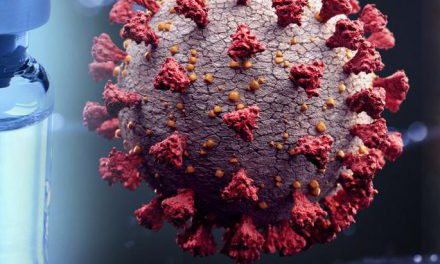McMaster University researchers have unveiled groundbreaking guidelines aimed at empowering families embarking on oral immunotherapy to build their child’s tolerance to common food allergens. Published on April 8, 2024, in the Journal of Allergy and Clinical Immunology, these international guidelines represent a significant milestone in standardizing the preparation process for families considering this therapy.
Oral immunotherapy involves gradually administering small amounts of an allergen, such as peanuts, to patients to desensitize them to the allergen over time. Despite its potential benefits, the therapy poses risks and challenges, particularly as it requires parents to administer treatment at home, assuming the role of amateur medical professionals.
Lead author Douglas Mack, an assistant clinical professor with McMaster’s Department of Pediatrics, emphasized the critical need for evidence-based guidance in this area. “This is a landmark paper in our field because it has never been done before and this process has never been standardized,” stated Mack. “We’re in dire need of having some kind of guidance on how to approach oral immunotherapy. We simply have not had this before.”
The guidelines offer comprehensive recommendations to streamline the therapy process and ensure patient safety. Key recommendations include implementing a robust standardized education process for patients and caregivers, establishing adequate parental supervision for dosing, identifying risk factors, understanding patient and caregiver goals, and developing a structured universal consent form template.
To develop these recommendations, a panel of 36 international oral immunotherapy experts identified crucial considerations and crafted a consent form template. These guidelines provide clinicians with a standardized protocol to prepare patients effectively, enhancing safety and minimizing risks associated with the therapy.
Prior to the implementation of these guidelines, many patients were not receiving adequate consent or preparation before starting treatment. With the introduction of standardized counseling, the study found that the average counseling time ranged from 30 to 60 minutes.
Mack emphasized the importance of adequately preparing families for oral immunotherapy to optimize safety and efficacy. “If families are not prepared for oral immunotherapy, they’re going to fail or it’s going to become unsafe,” he explained. “This protocol sets the standard moving forward.”
Funded by the National Institute of Health, this pioneering study represents a significant stride in enhancing the accessibility and safety of oral immunotherapy for food allergies. As families navigate this therapy, these guidelines serve as a beacon of guidance, ensuring informed decision-making and fostering patient-centered care in managing food allergies.












